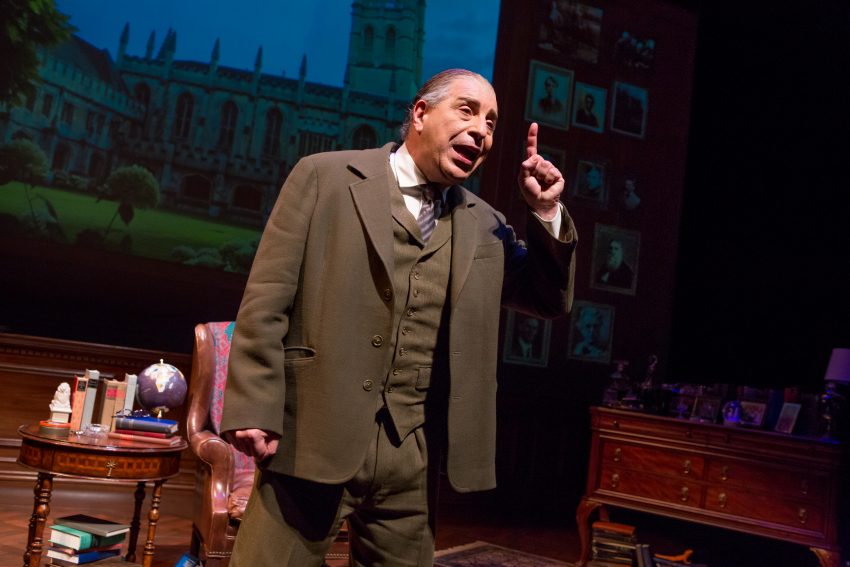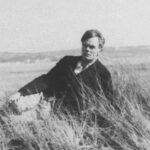Blog Post
The Reluctant Convert: Christmas with C.S. Lewis
By Jonathon Van Maren
I’ve been around C.S. Lewis quite a lot this past year. I received a review copy of Harry Lee Pope’s second installment in his Lewis trilogy, The Making of C.S. Lewis: From Atheist to Apologist (1918-1945). It is beautifully written, accessible, and contains many fantastic photos. I also had the rare opportunity to break some news about Lewis—his stepson Douglas Gresham (son of Joy Davidman) revealed to me in an interview for First Things that his brother David, whom Lewis had valiantly tried to help in every way, was a violent schizophrenic. A follow-up conversation with Gresham earlier this year will be published soon in The European Conservative, shedding more light on life at the Kilns during this period.
That brings me to a brilliant docudrama just released: The Most Reluctant Convert: The Untold Story of C.S. Lewis. The title is a bit of a conceit—this story has, of course, been told many times. But that is just a quibble. This film is a fascinating new approach to apologetics and biography, consisting of an almost entirely unbroken monologue taken verbatim from Lewis’s various writings—and surprisingly, it works. Lewis tells his own life story, in his own words, directly to the camera—and the effect is that of sitting down with Lewis himself. The director, Norman Stone, manages to create a sense of intimacy that is tremendously effective.
There are a few interjections from J.R.R. Tolkien, the priest at church, and from Lewis’s father, but for the rest, this is a gorgeously produced audiobook with stunning visuals. We are there with Lewis at the Kilns, at the Eagle and Child pub, walking the cobblestoned streets, in his room at Oxford—I don’t know how to explain it other than that it works, in the way that a movie would not. Perhaps it is the fact that Lewis is consistently breaking the third wall and addressing the viewer directly. The scenery, too, is crisp and beautiful—shot in and around Oxford and filled with towers of stone and intellect—making The Most Reluctant Convert a pleasure to watch.
If you’re interested in knowing more about Lewis’s life, Pope’s The Making of C.S. Lewis is also well worth your time. Like The Most Reluctant Convert, it describes Lewis’s journey from a devout atheist at Oxford to his getting dragged, against his will, into Christianity—and then becoming one of the greatest Christian apologists of the 20th century. Lewis was no Calvinist, but as Jon Dykstra noted in his own review, Lewis described his conversion in very Calvinist terms. Pope also explores Lewis’s friendships and conversations with Tolkien and Dorothy L. Sayers, which I find endlessly fascinating. Meetings of giants.
Pope’s biography proves that there are still things left to say about Lewis that have not yet been said; The Most Reluctant Convert proves that very occasionally, something actually worth watching is still released. For lovers of Lewis, I highly recommend them both.








